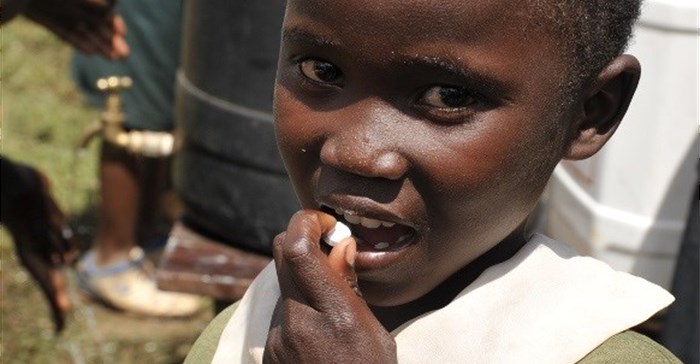Nigeria's fight against bilharzia gets a major boost
The west African country has received around 34m Praziquantel tablets to distribute to school children as part of a collaboration between Merck and the World Health Organisation (WHO).
According to WHO, Nigeria has the highest incidence of schistosomiasis in the world. It is estimated that around 37% of the overall population (64.1m people) requires treatment. Nigeria has been participating in the Merck Praziquantel Donation Programme since 2008. To date, the company has donated nearly 105m tablets and treated nearly 20m patients, mostly primarily school children.

“With more than 235m people requiring treatment, schistosomiasis is one of the most prevalent tropical diseases in Africa. The worm disease is widespread in all regions of Nigeria, above all among children. We are therefore grateful for every sustained initiative that supports us in fighting the disease,” says Nigeria's minister of health, Professor Isaac Folorunso Adewole.
“We want to eliminate the disease and give children the opportunity to participate in the economic development of their home countries. Our donation to WHO – enough to treat 13,6m school children – shows that we are on the right track. However, millions still suffer from schistosomiasis. And we know that we alone cannot solve the problem with our tablets,” says Stefan Oschmann, chairman of the executive board and CEO of Merck.
In Africa, Merck is supporting educational and awareness programmes, researching schistosomiasis therapies for very young children and cooperating with partners in the Global Schistosomiasis Alliance, among other things. “Furthermore, in the future we will collaborate even more closely with our partners to finally eliminate the disease,” Oschmann concludes.






















